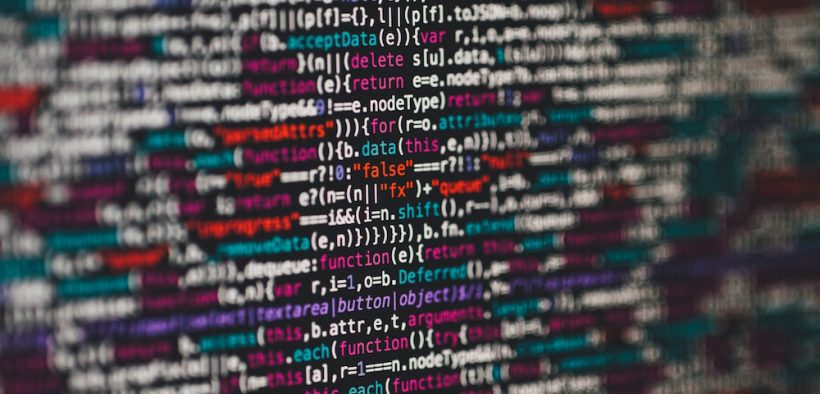Retail Analytics is Crucial in the Age of New Retail
Share

Retail Analytics helps businesses streamline their operations and understand customer behavior. It focuses on providing insights to sales, inventory, customers and other significant aspects in business. It can also help a retailer decide what’s best for business. Retail analytics helps business owners make better choices, run a business more efficiently, and improve customer service.
Take for example the goal to understand your market. If you want to determine customer behavior in your target demographics, you can use retail analytics to identify ideal customers according to certain factors. These include age, location, preferences, buying patterns and many more.
As a result, retail analysis goes beyond superficial data analysis. It uses data mining and discovery to create strategies that can be applied in the short-term. It’s about going beyond what the numbers are saying. It defines what information you need, how to gather it, and how you’ll be able to use it.
The Benefits of Retail Analytics
According to an IDC infographic by SAP, 40% of digital transformation initiatives will be supported by AI capabilities. It will provide critical on-time insights for new operating and monetisation models. In the next 2 years, 30% of major retailers will adopt a retail omnichannel platform. This will integrate data analytics to orchestrate omnichannel capabilities. Innovations in Artificial Intelligence will be the name of the game when it comes to bringing your business to the next level in the following years.
How You Can Incorporate Retail Analytics to Your Business
The best way you can take advantage of Retail Analytics is to know which one is highly applicable for your needs. There are retail analytics tools which are relevant to a specific to type of company. Take for example a software that helps companies optimise their inventory and procurement. Predictive tools can also help businesses use data to determine which products they should order more or which strategies to implement. Many other tools can help streamline operations and create maximum ROI. It can also revolutionise the retail experience, as seen on how they use data collected from virtual fitting rooms.
Equip Your Business with Retail Analytics
Large and small businesses are already using retail analytics to improve customer analysis and create new revenue-generating services. Successful examples of companies using analytics include Adidas, Burra Foods, Costco and Zalando when they incorporated SAP tech innovations in their operations.
Analytics are a foundation for retail profits as it can help you refine your fulfilment models, implement omnichannel strategies, and drive improvements in the supply chain. To sum up, using retail analytics will put you a step further in making your business thrive in this digital age.



















